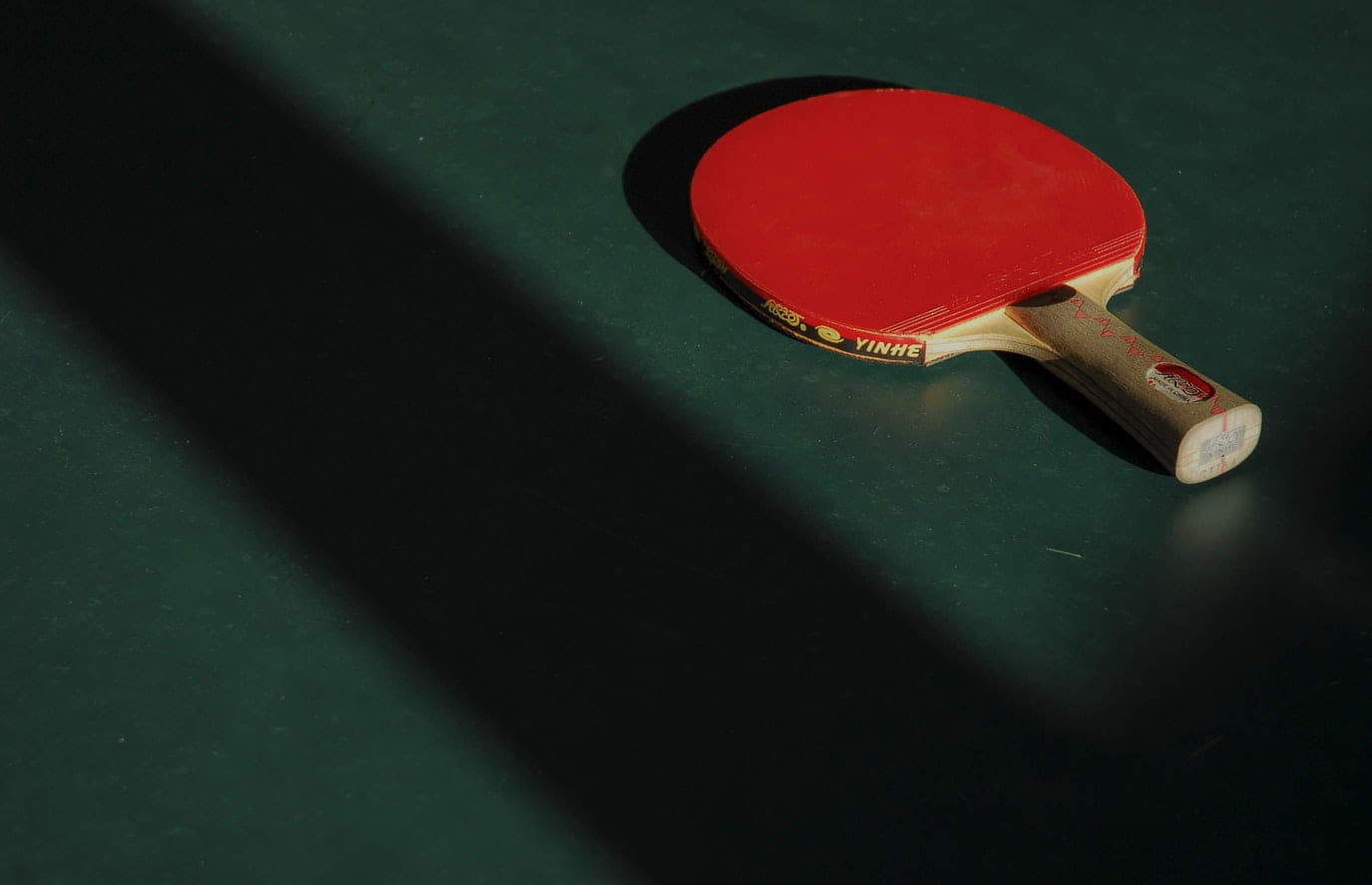“Work smart — and play smart” – on balancing academic success with a social life
International scientific journal ‘Nature‘ has a fantastic series of online articles on ‘Work-life balance‘ in their Careers Community – ‘a place for Nature readers to share their professional experiences and advice‘.
Recent post ‘Three tips to achieve academic success — while enjoying a social life‘, written by Alejandra Ortega, has a number of important insights on “the importance of working efficiently to make time for friends and fun”.
Be sure to read the full article here.
Here are some of our favourite points from the article.
Set small goals, plan your schedule and stick to it
- take a few minutes per day/week to jot down your plan – without being overly ambitious
- try a new digital/conceptual tool: do you like the Pomodoro technique? Short periods of time spent solely focused on one task, followed by a short break. Usually about a 25-to-5 minute structure repeated and followed with a longer break. Read more about the different ways to use Pomodoro and the benefits for your brain.
- For Ortega, “In two hours on a Pomodoro schedule, I am more productive than in an entire day of distraction-filled ‘work’.”
Aim for your own best
- “I had missed many nights out and so much fun just to score a handful of extra points on an exam. Sometimes, an extra mark isn’t worth it.”
- Try not to buy into the competitive nature of Academia – and don’t compare yourself to others.
- “I had spent too long chasing perfection when ‘good enough’ would have done the job.” Getting the best marks isn’t always necessary for scholarships, program admission, jobs, etc.
There is always time for extracurricular activities
- Hobbies, extracurriculars and pastimes are important! An amazing way to combine seeing friends/meeting new people while indulging in your passions.
- “Follow your passions, find some hobbies and make them part of your routine.”
- “These activities take only one hour per day, and they actually make me more productive. To arrive on time to these hobbies, I have to work rather than ‘fake work’.”
- “Your brain needs breaks, so do not saturate it with work. After three hours of analysing data, you stop thinking clearly and start making mistakes. Stand up, go and play table tennis and come back with a fresh mind. Extracurricular activities keep us motivated to work more efficiently.”



Leave a Reply